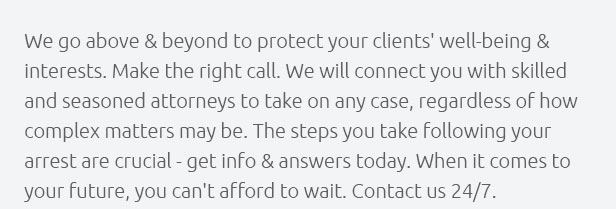 |
|
||||
 |
 |
 |
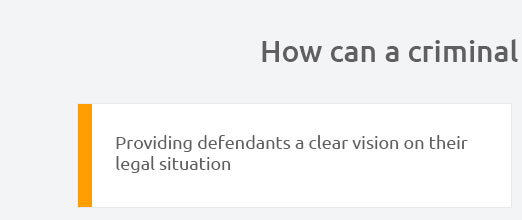 |
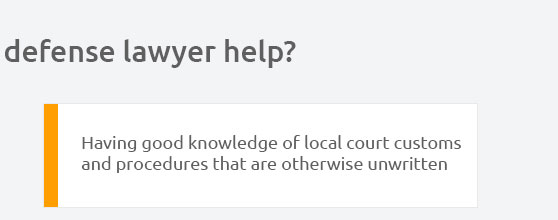 |
 |
 |
 |
 |
 |
 |
 |
|
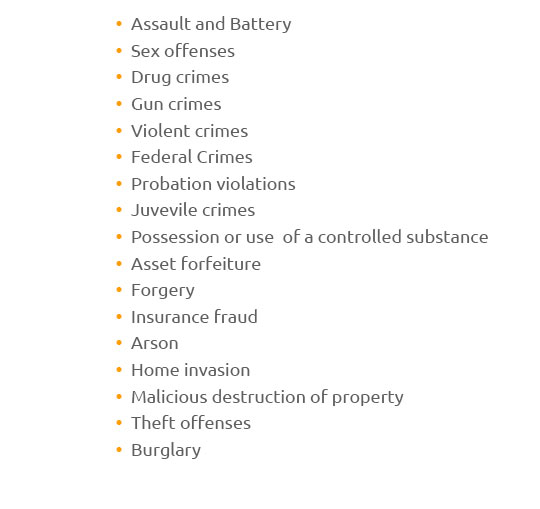 |
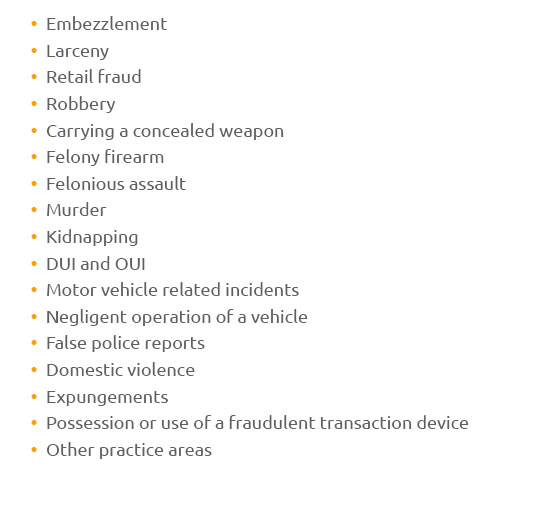 |
 |
|
||||
The Role of a Defense Attorney: Navigating the Complex World of Criminal JusticeDefense attorneys, often depicted in popular media as slick and cunning individuals, play a pivotal role in the criminal justice system. Their responsibilities, however, extend far beyond the dramatized courtroom battles that capture public imagination. These legal professionals are entrusted with the sacred duty of ensuring that every defendant receives a fair trial, as guaranteed by the Constitution. This task is neither simple nor straightforward, often involving a delicate balance of legal acumen, strategic planning, and, occasionally, moral introspection. At the core of a defense attorney’s job is the principle that everyone is innocent until proven guilty. This presumption of innocence is a cornerstone of our legal system, and it is the defense attorney's job to uphold it vigorously. They work tirelessly to protect their client's rights, ensuring that the prosecution meets the burden of proof beyond a reasonable doubt. But what exactly does a defense attorney do?
The life of a defense attorney can be both rewarding and challenging. Many are drawn to the profession by a passion for justice and the desire to protect individuals from the immense power of the state. Yet, the job is not without its ethical dilemmas. Defense attorneys often represent clients who have committed heinous acts, raising questions about morality and justice. However, the importance of their role cannot be understated. They serve as a critical check against government overreach and ensure that the legal system functions as it should. In a world where public opinion can often sway justice, the defense attorney remains a steadfast guardian of the principle that every individual deserves a robust and impartial defense. In conclusion, while popular culture may cast defense attorneys in a controversial light, their work is essential to the integrity of the legal system. They are not just advocates for their clients but champions of justice, ensuring that the rights of all individuals are respected and upheld. It is a role that demands not only legal expertise but also a profound commitment to the ideals of fairness and equity. https://perlmancohen.com/
Perlman & Cohen are top rated Los Angeles Criminal Lawyer in Los Angeles, CA that can help you navigate your case. We offer a risk free consultation. https://www.shouselaw.com/ca/defense/los-angeles/los-angeles-criminal-defense-lawyer/
I was fortunate to be represented by Neeraj Singh. Neeraj is a calm, competent, professional attorney that navigated the Orange County legal system to deliver a ... https://www.la-criminaldefense.com/
Top-rated Los Angeles criminal defense lawyer with experience in all types of California misdemeanor, felony, and federal crimes. Free consultation.
|

